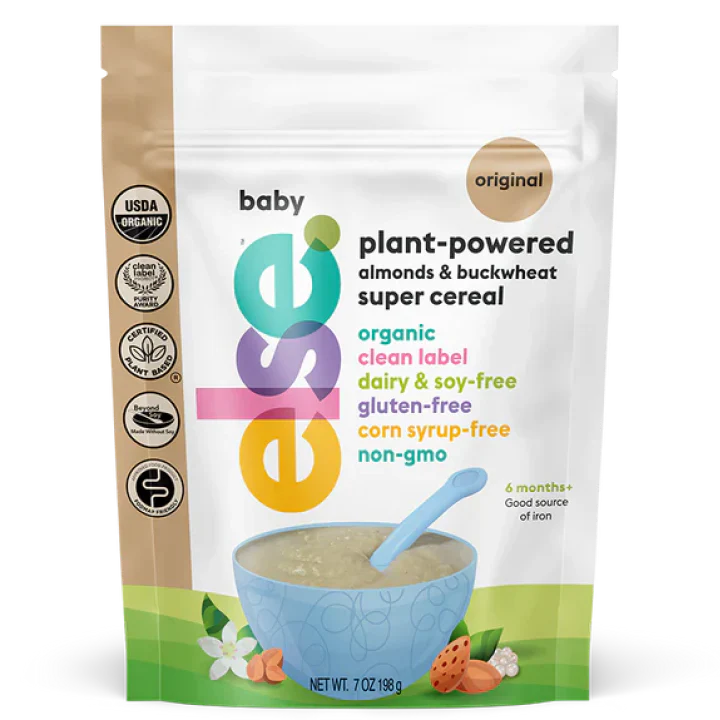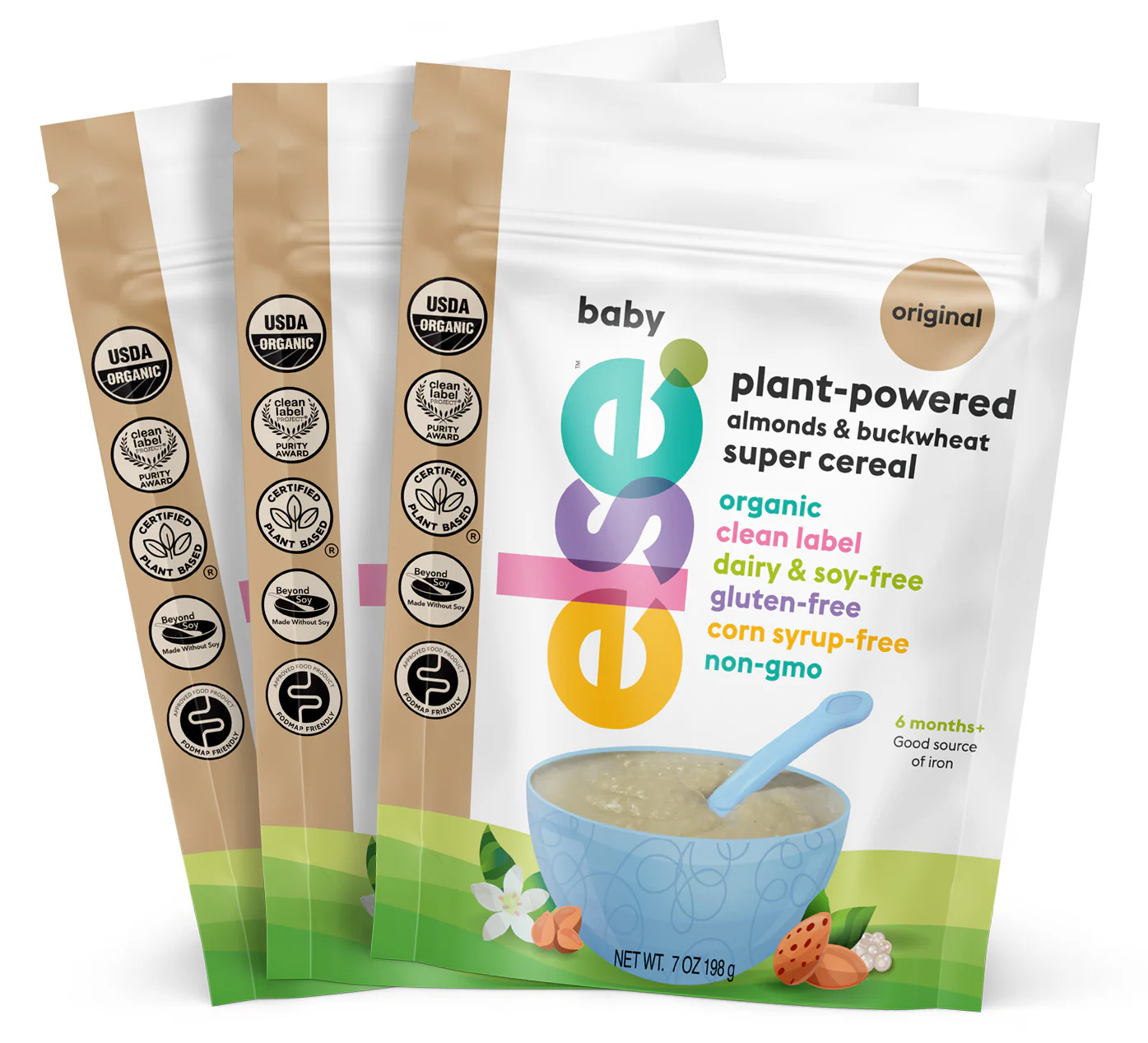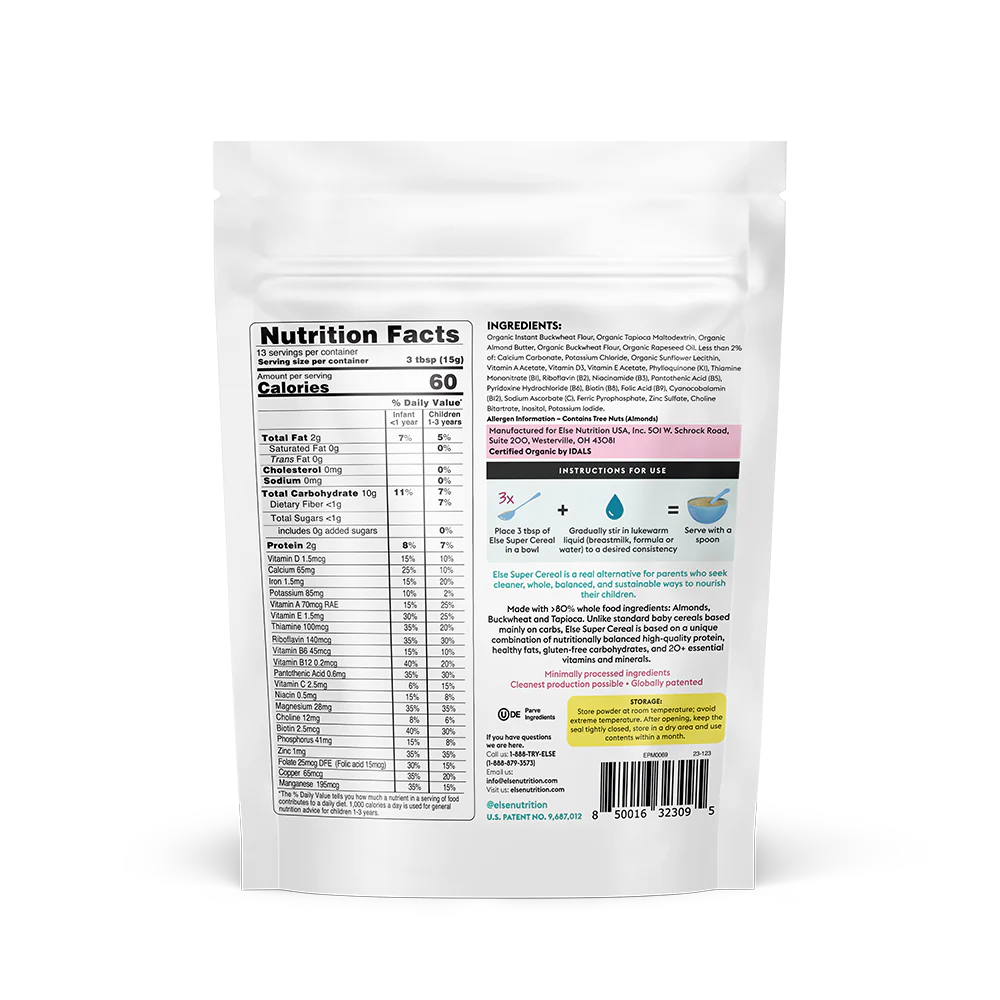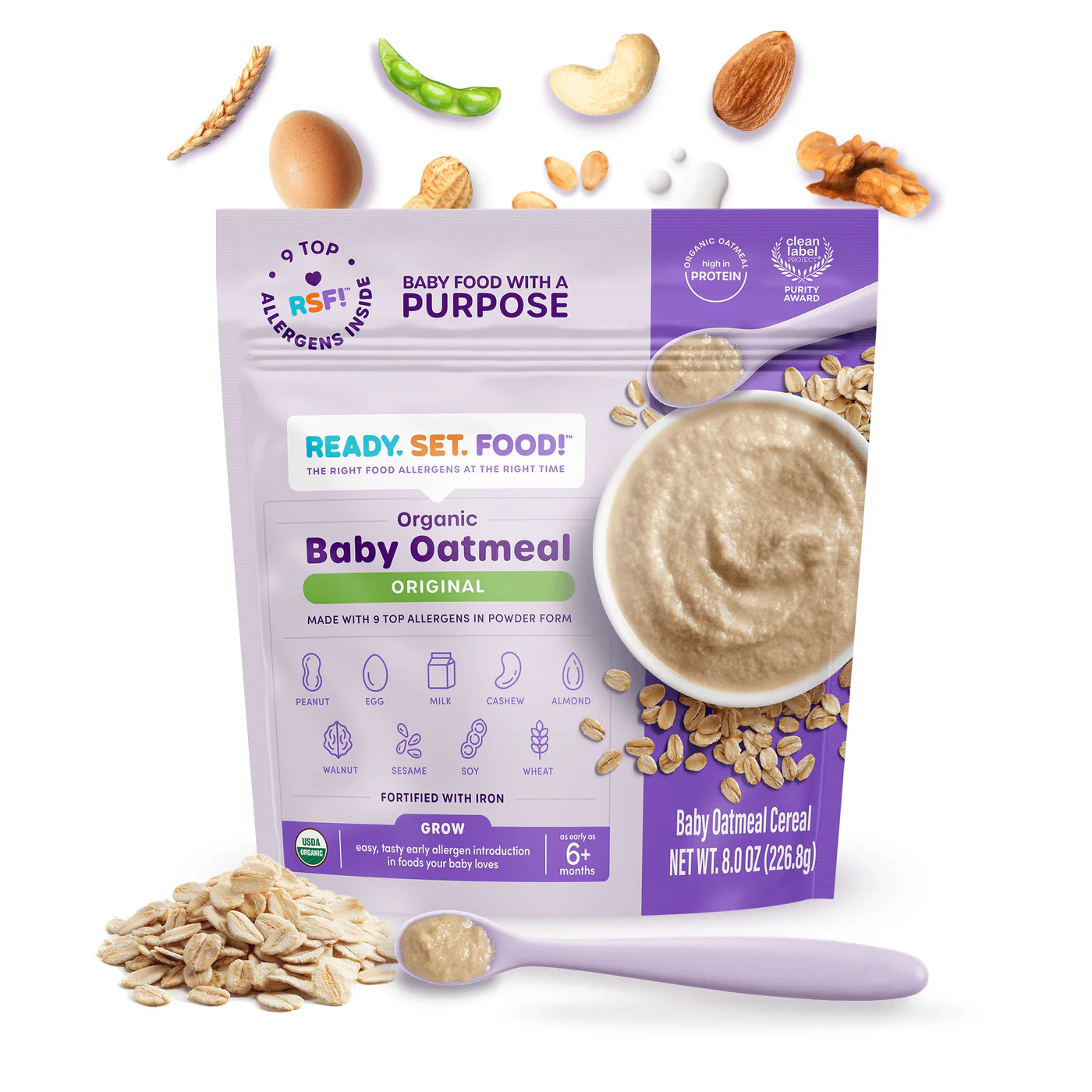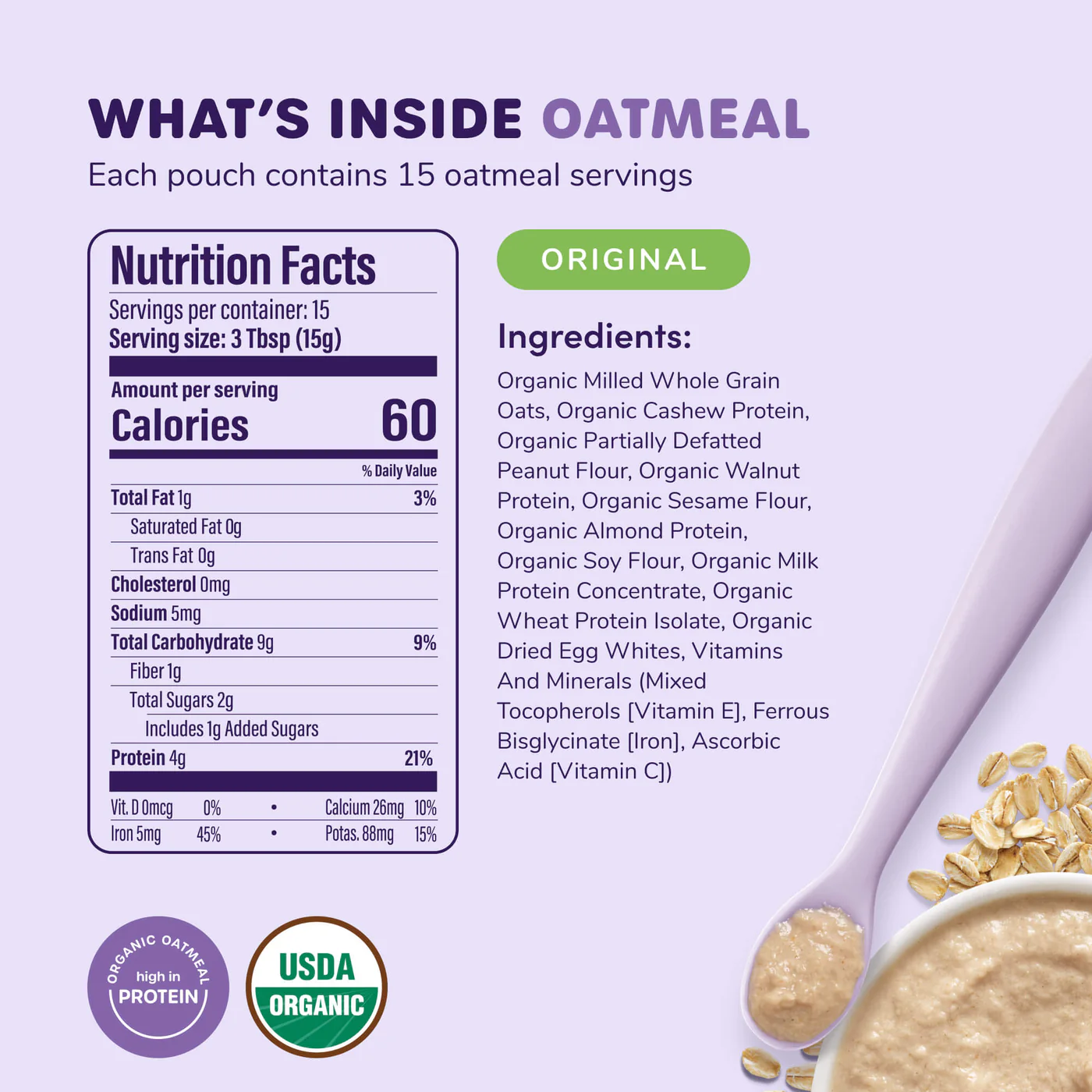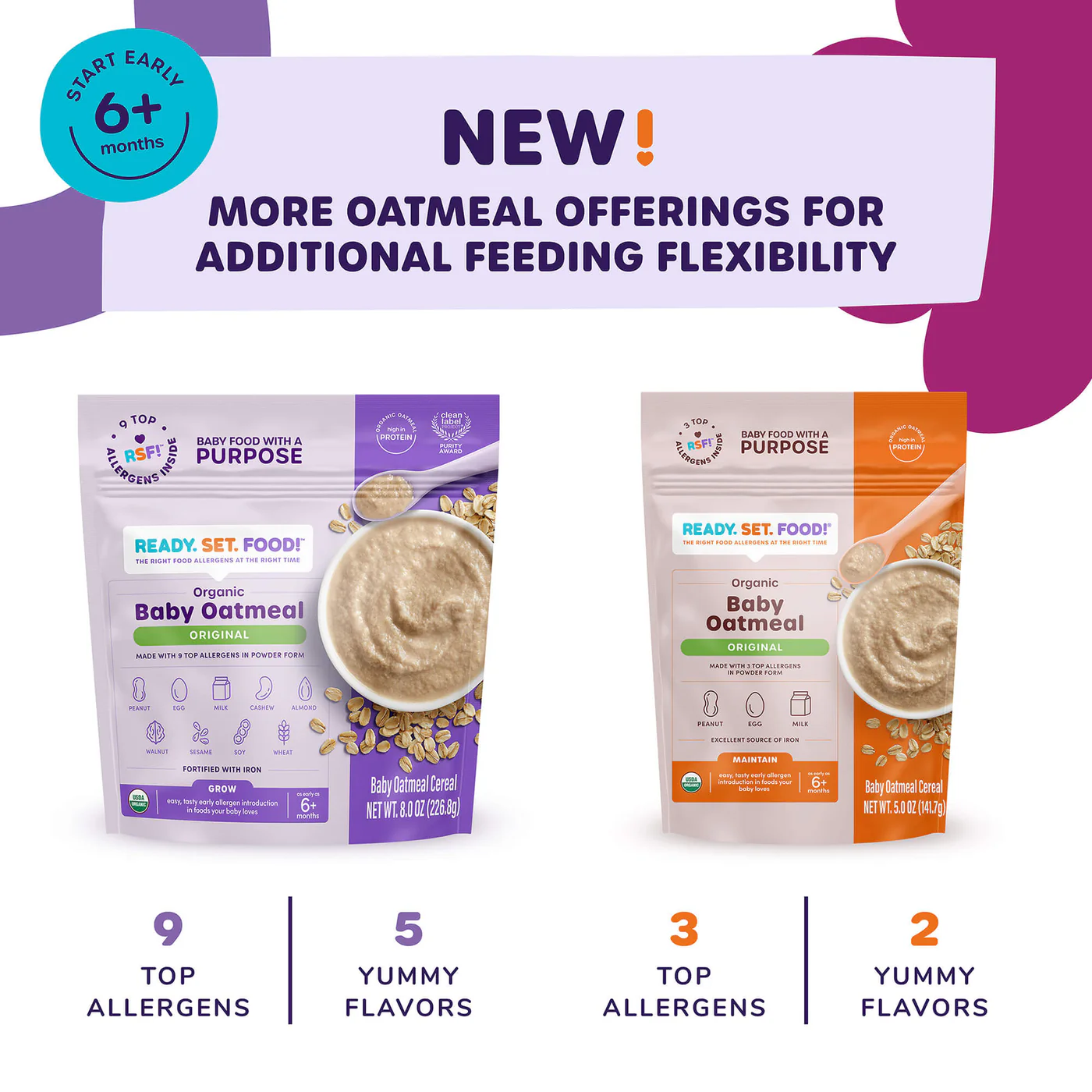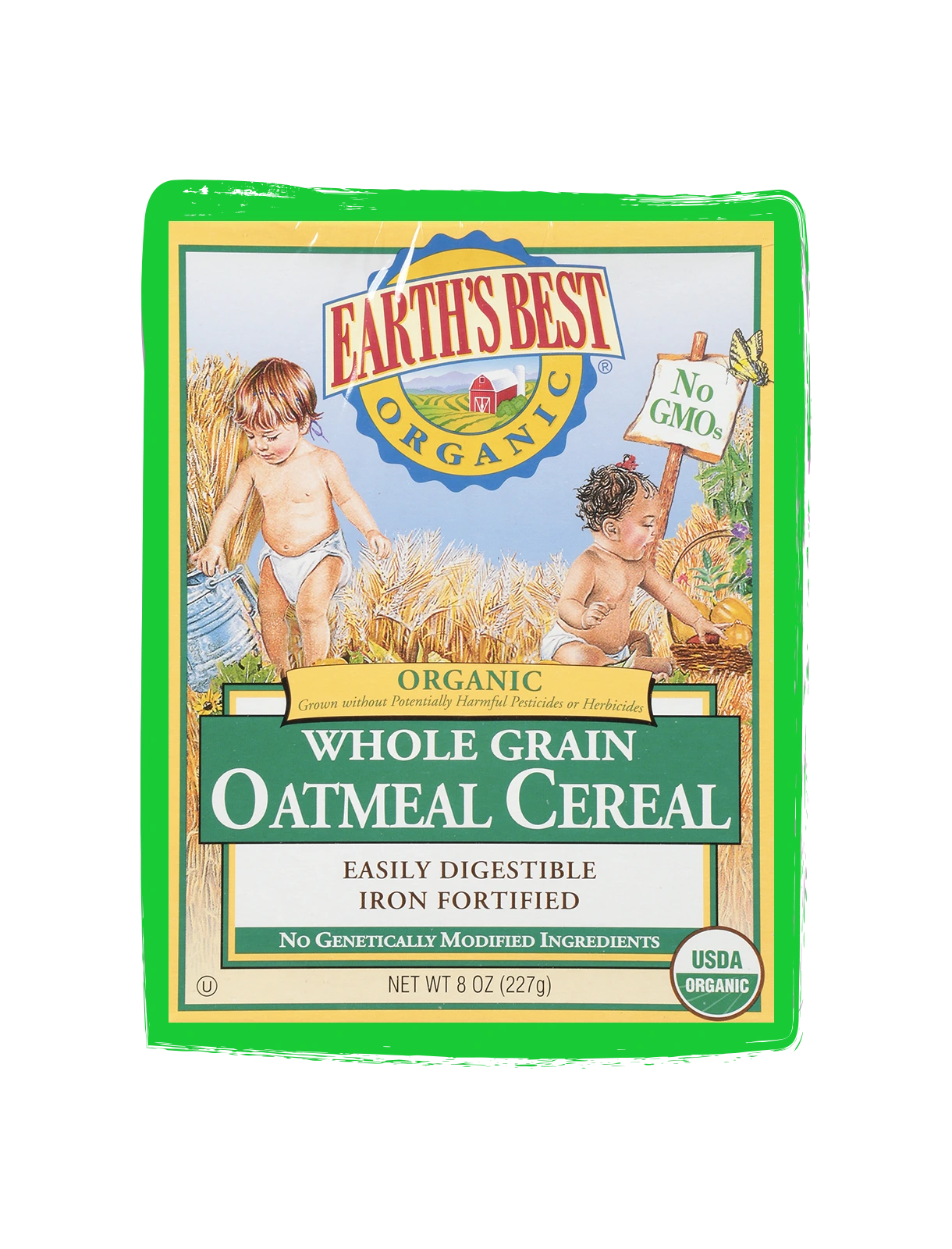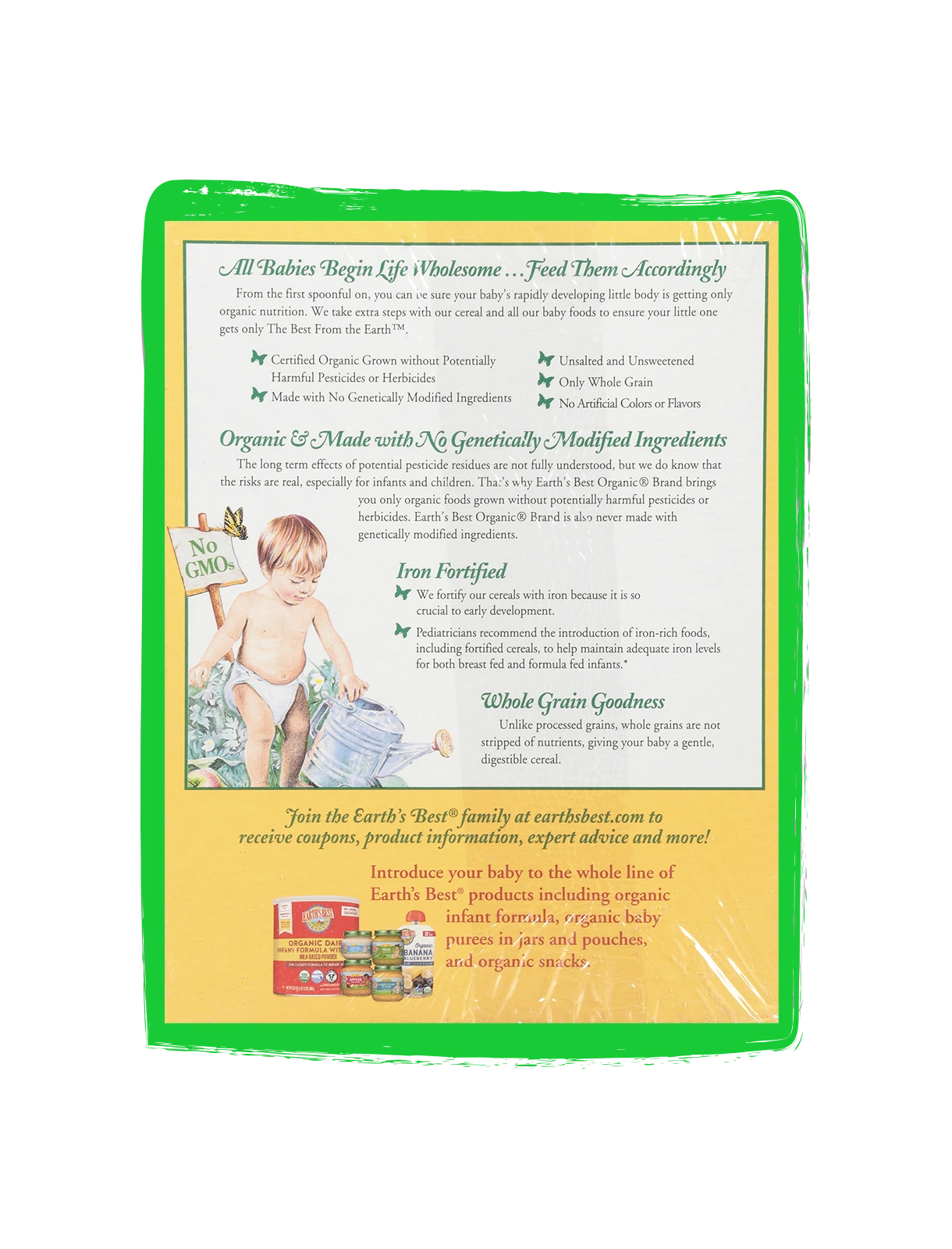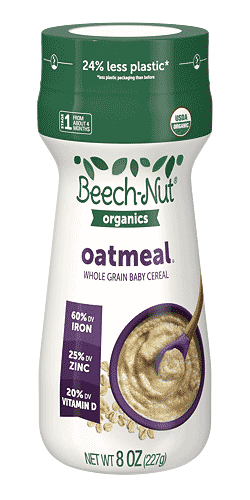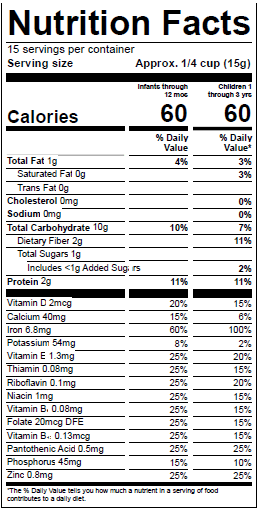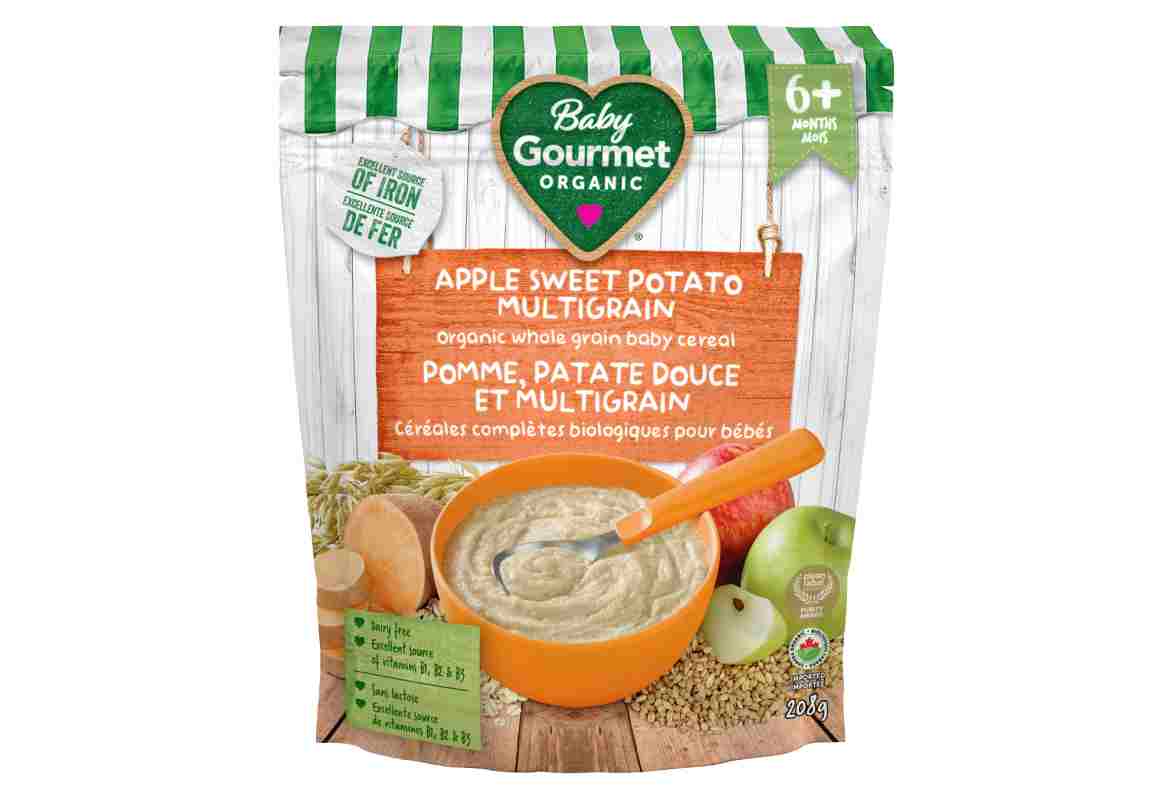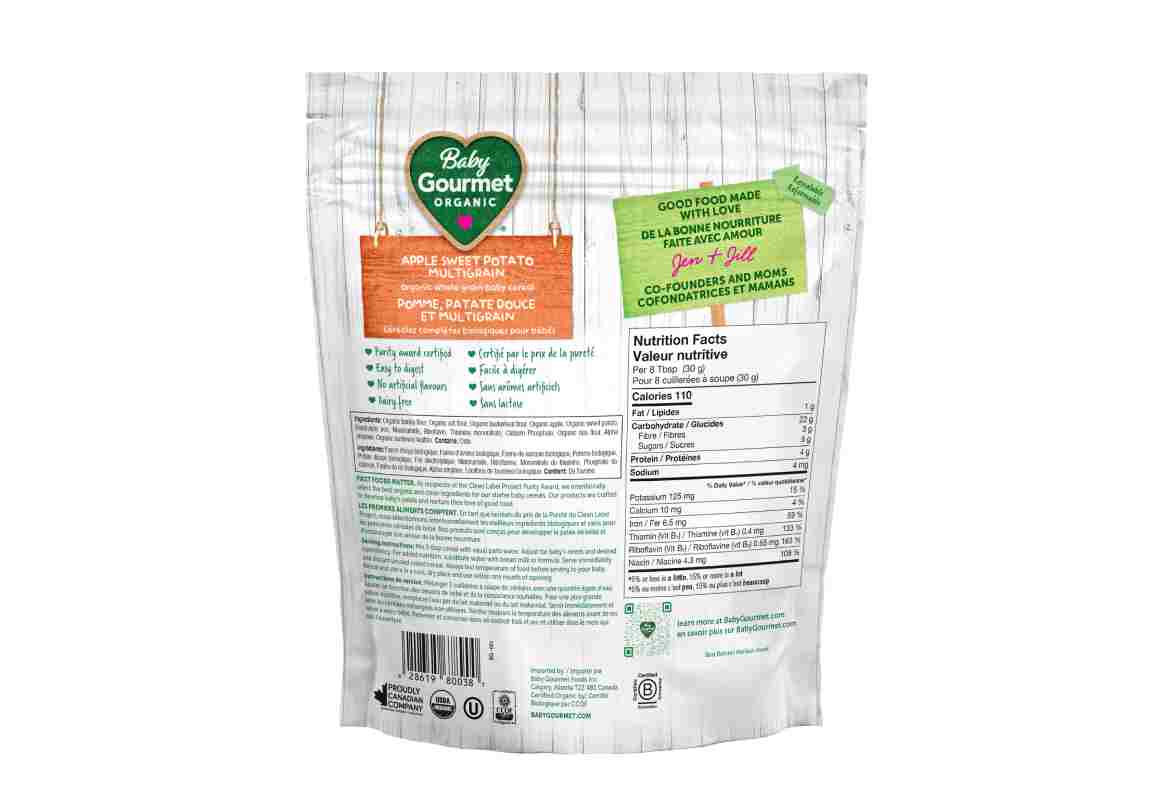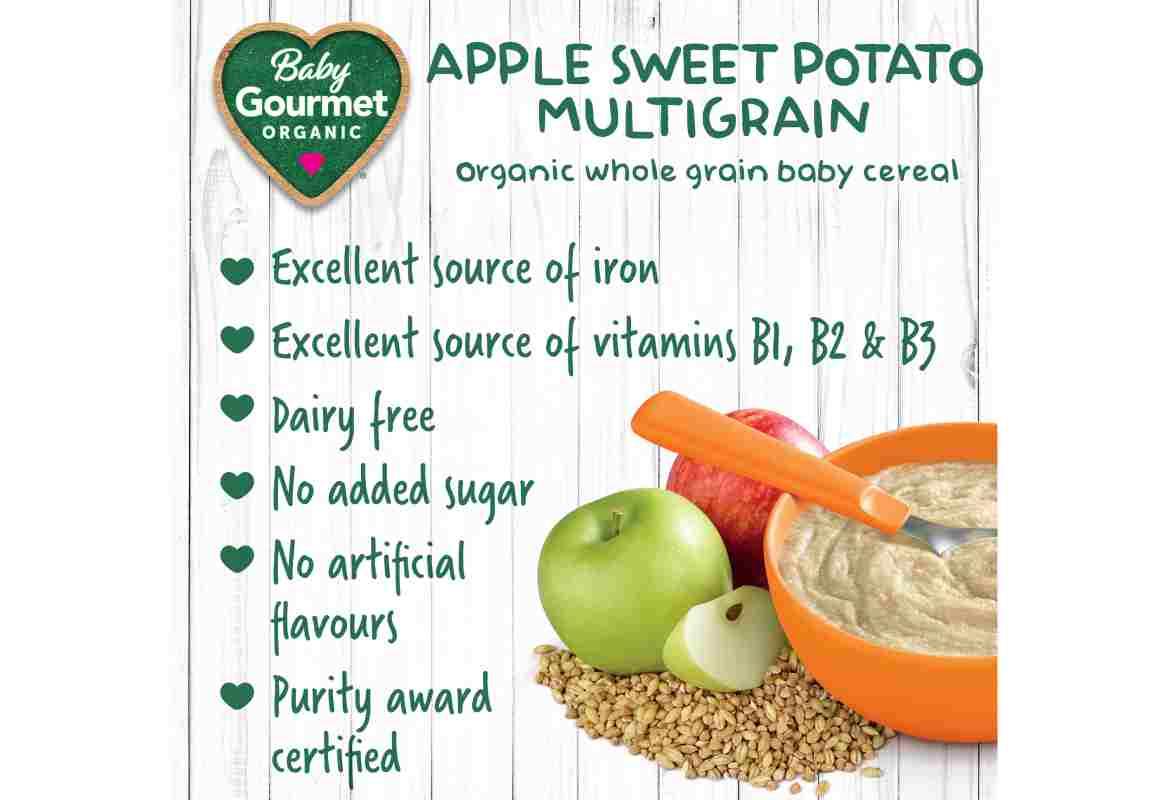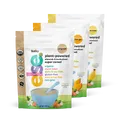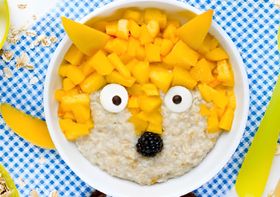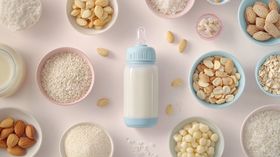5 Best Baby Cereals for 1-Year-Olds: Nourish Growing Bodies
Discover the nutritional benefits of cereals and how to incorporate them into your 1-year-old's diet for healthy growth and development
Published September 2, 2024

As your child celebrates their first birthday and embarks on the exciting journey of solid foods, it is necessary to provide them with the essential nutrients they need for continued growth and development.
Cereals can play a vital role in this transition, offering a nutritious and versatile option that supports your little one's changing dietary needs.
» Nourish your 1-year-old with organic plant-based baby cereal
Our Pick: Best Baby Cereals for 1-Year-Olds
- Best overall baby cereal for 1-year-olds: Else Nutrition Baby Super Cereal
- Best iron-fortified baby cereal for 1-year-olds: Ready Set Food Organic Baby Oatmeal Cereal
- Best oat-based baby cereal for 1-year olds: Earth's Best Organic Whole Grain Oatmeal Baby Cereal
- Best hypoallergenic baby cereal for 1-year-olds: Beech-Nut Organics Oatmeal Cereal
- Best multi-grain baby cereal for 1-year-olds: Baby Gourmet Organic Apple Sweet Potato Multigrain
Essential Nutrients for 1-Year-Olds
One-year-old babies need a variety of macro and micronutrients, just like children and adults. This includes:
- Fats: Essential for brain maturation, energy production, and the absorption of fat-soluble vitamins. 1-year-olds need around 30–40% of their calories from healthy fats.
- Carbohydrates: Provide the primary fuel source for the body and brain. Whole food carbs like fruits, vegetables, and whole grains are best.
- Proteins: Support tissue repair, immune function, and the formation of enzymes, hormones, and antibodies. 1-year-olds need about 11-16 grams of protein per day.
- Iron: Critical for the production of hemoglobin and the prevention of anemia, which is common in this age group.
- Zinc: Plays a vital role in growth, immune function, and wound healing.
- Calcium: Necessary for the development of strong bones and teeth.
- B Vitamins: Support energy metabolism, nerve function, and the production of red blood cells.
» Explore these tips for a gentle transition from breastfeeding
Why Cereal Is Good For 1-Year-Olds
Cereals play a crucial role in the diet of 1-year-olds, offering a range of nutritional and developmental benefits. Here's why they are particularly valuable at this stage:
- Nutrient Powerhouse: Fortified with essential vitamins and minerals, cereals offer a concentrated source of nutrition that can be challenging to obtain from whole foods alone.
- Iron-Rich Foundation: Many baby cereals are enriched with iron, which is crucial for preventing iron-deficiency anemia, a common concern in 1-year-olds.
- Gentle Transition: Cereals' smooth texture makes them ideal first solid food, bridging the gap between liquid and more textured meals.
- Flavorful Exploration: Cereals can be easily combined with fruits, vegetables, and other purées, introducing new tastes and textures and encouraging a wider variety of food acceptance.
- Convenient Choice: Ready-to-eat cereals offer a quick and nutritious option for busy parents, making mealtime easier and more enjoyable.
» Understand why nutrition is important for toddler development
Tips for Feeding Your 1-Year-Old
Introducing various foods and establishing healthy eating habits is crucial at this age. Here are some tips to make mealtimes enjoyable and nutritious:
- Offer a Variety: While cereals are important, introduce a wide range of foods, including fruits, vegetables, lean proteins, and healthy fats.
- Establish a Routine: Aim for three main meals and two to three daily snacks. Consistency helps your kid develop healthy eating habits.
- Encourage Self-Feeding: Offer finger foods and let your toddler explore different textures. This promotes independence and fine motor skills development.
- Be Patient with Messy Eating: It's a natural part of learning and exploring food.
- Lead by Example: Eat together as a family when possible. Your child learns by watching you.
- Stay Responsive: Pay attention to hunger and fullness cues. Don't force your child to finish everything on their plate.
- Introduce New Foods Gradually: It may take several attempts before your child accepts a new food. Be patient and persistent.
- Avoid Choking Hazards: Cut foods into small, manageable pieces and always supervise mealtimes.
» Explore the best nutritious baby cereals with no heavy metals
A Smooth Transition to Solid Foods
Cereals can be a helpful transition food as you introduce new solid foods to your 1-year-old's diet. Their smooth texture and familiar taste can make them easier for your baby to accept, especially if they've been used before.
Cereals are also incredibly versatile and can be easily combined with other foods, such as fruits, vegetables, and yogurt, to create flavorful and satisfying meals. This versatility lets you gradually introduce new tastes and textures, helping your kid develop a wider variety of food preferences.
By incorporating a high-quality, nutritious cereal into your baby's diet, you can ensure they receive the essential nutrients they need for a healthy and happy first year.
» Give your 1-year-old a nourishing cereal with Else Nutrition Baby Super Cereal
The content and advice provided in this article are for informational purposes only and are not a substitute for medical diagnosis, treatment, or advice for specific medical conditions.
Always consult a pediatrician to understand your child's needs. The article expresses the views of the article's editor.







